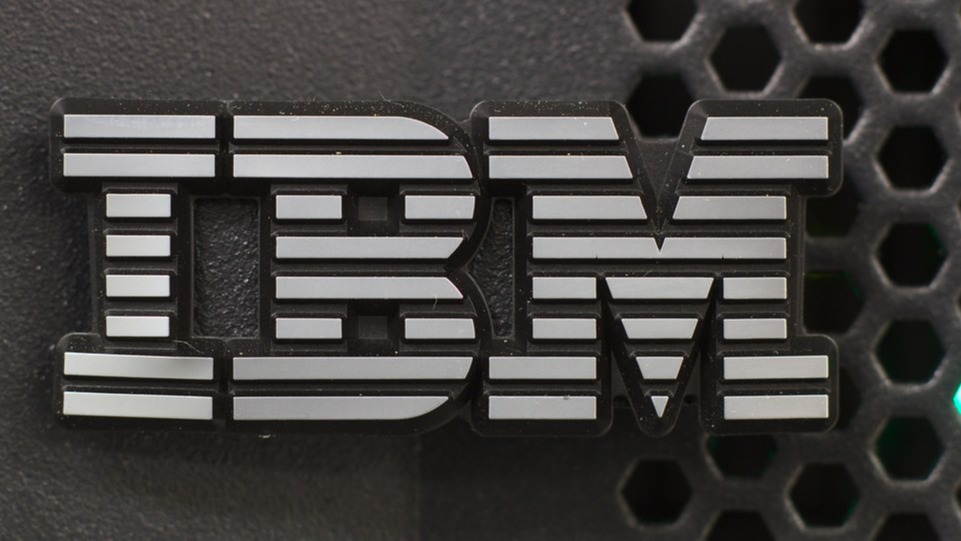The UK government has awarded a share of £30 million in funding to seven net zero projects across the country, including one that hopes to examine using green waste to create alternative asphalt materials.
The funding comes as part of the Live Labs: Decarbonising Local Roads competition – a programme that supports projects focused on tackling the decarbonisation of highways infrastructure, such as streetlights, and improving local authorities’ approach to decarbonising roads.
Winners of funding include A Green Carbon Laboratory, which aims to explore how ‘green assets’ can play a role in providing a source of materials and fuels to decarbonise highway operations, for example, using biomass from green waste to create alternative fuels and asphalt additives.
The A382 Carbon Negative Project by Devon County Council aims to drive changes to the design, construction, and maintenance of highways to reduce carbon emissions.
Net Zero Corridors, a Wessex partnership, has plans to “pioneer” net zero roads that are built without creating more carbon emissions overall in Somerset, Cornwall, and Hampshire in nine ‘net zero corridors’ to link rural and urban areas.
Roads minister Richard Holden commented: “The UK is a world leader in technology and innovation and we must use that strength to drive decarbonisation and the next generation of high-tech jobs that go alongside it.”
Holden added: “We are supporting this vital agenda to help level-up through £30 million funding for ground-breaking projects and boosting regional connections to support growth.”
Latest News
-
Just Eat latest to launch AI voice assistant
-
FCA announces advanced AI review
-
Meta, TikTok and YouTube face first jury trial over claims platforms harm young users' mental health
-
Ofcom opens investigation into Meta over WhatsApp data disclosure
-
Amazon to cut 16,000 staff
-
British AI firm Synthesia raises $200m in funding round led by Google Ventures
The future-ready CFO: Driving strategic growth and innovation
This National Technology News webinar sponsored by Sage will explore how CFOs can leverage their unique blend of financial acumen, technological savvy, and strategic mindset to foster cross-functional collaboration and shape overall company direction. Attendees will gain insights into breaking down operational silos, aligning goals across departments like IT, operations, HR, and marketing, and utilising technology to enable real-time data sharing and visibility.
The corporate roadmap to payment excellence: Keeping pace with emerging trends to maximise growth opportunities
In today's rapidly evolving finance and accounting landscape, one of the biggest challenges organisations face is attracting and retaining top talent. As automation and AI revolutionise the profession, finance teams require new skillsets centred on analysis, collaboration, and strategic thinking to drive sustainable competitive advantage.
© 2019 Perspective Publishing Privacy & Cookies









Recent Stories